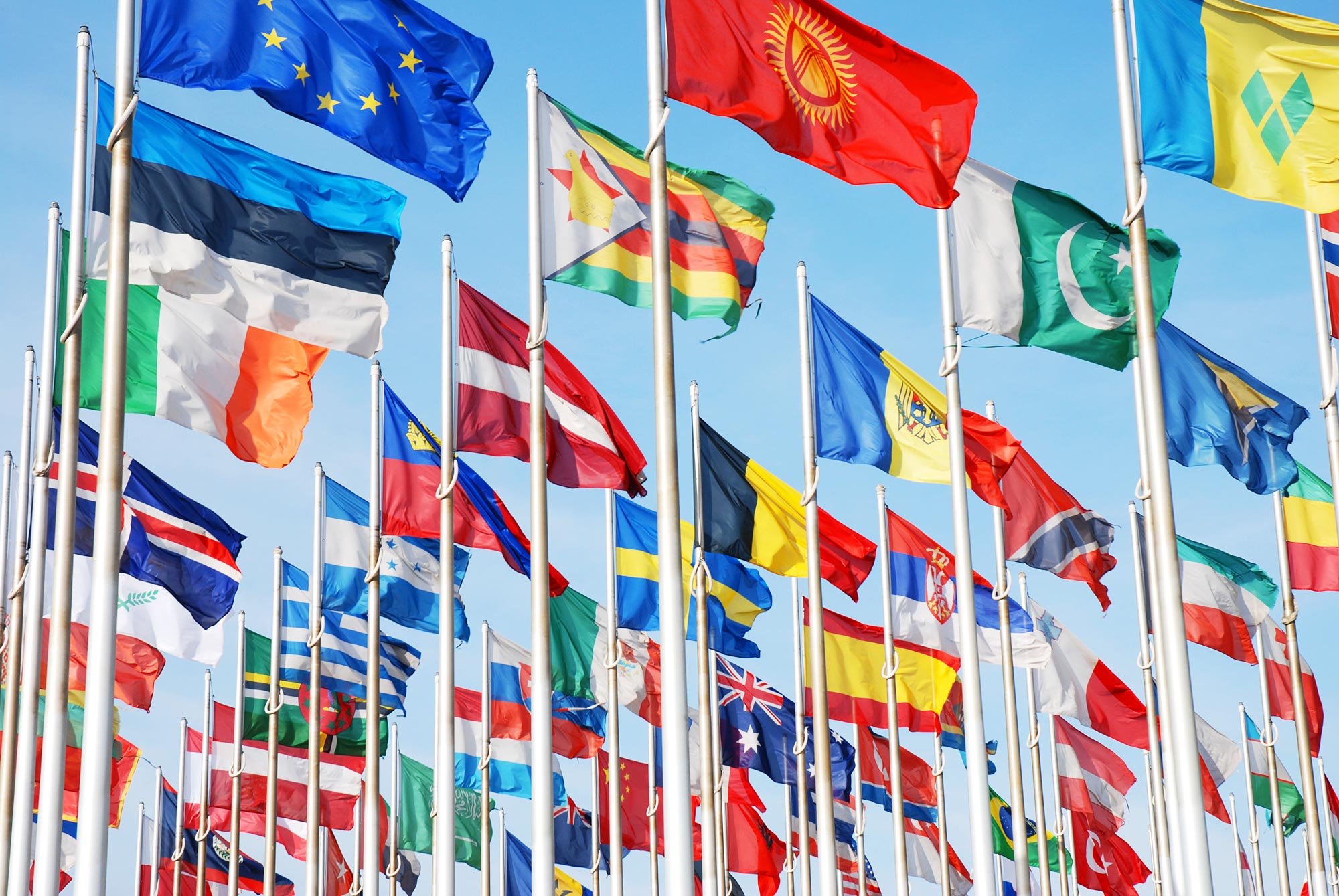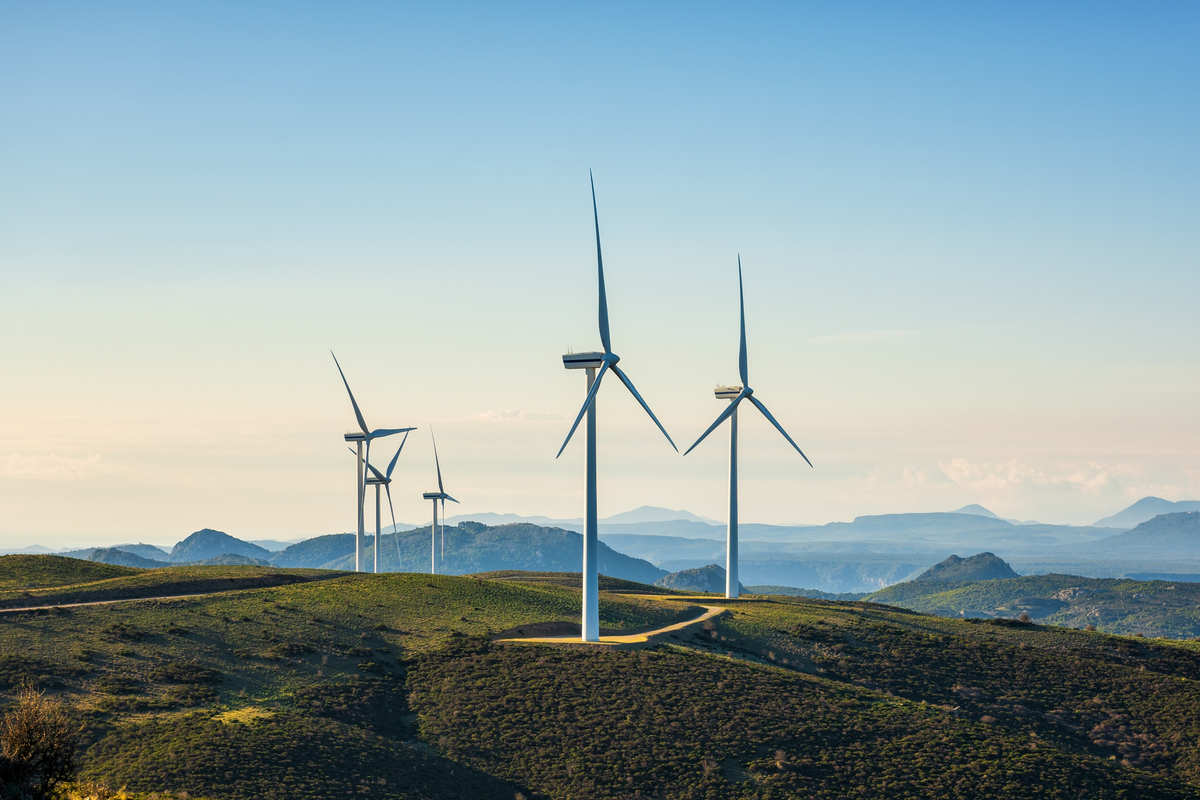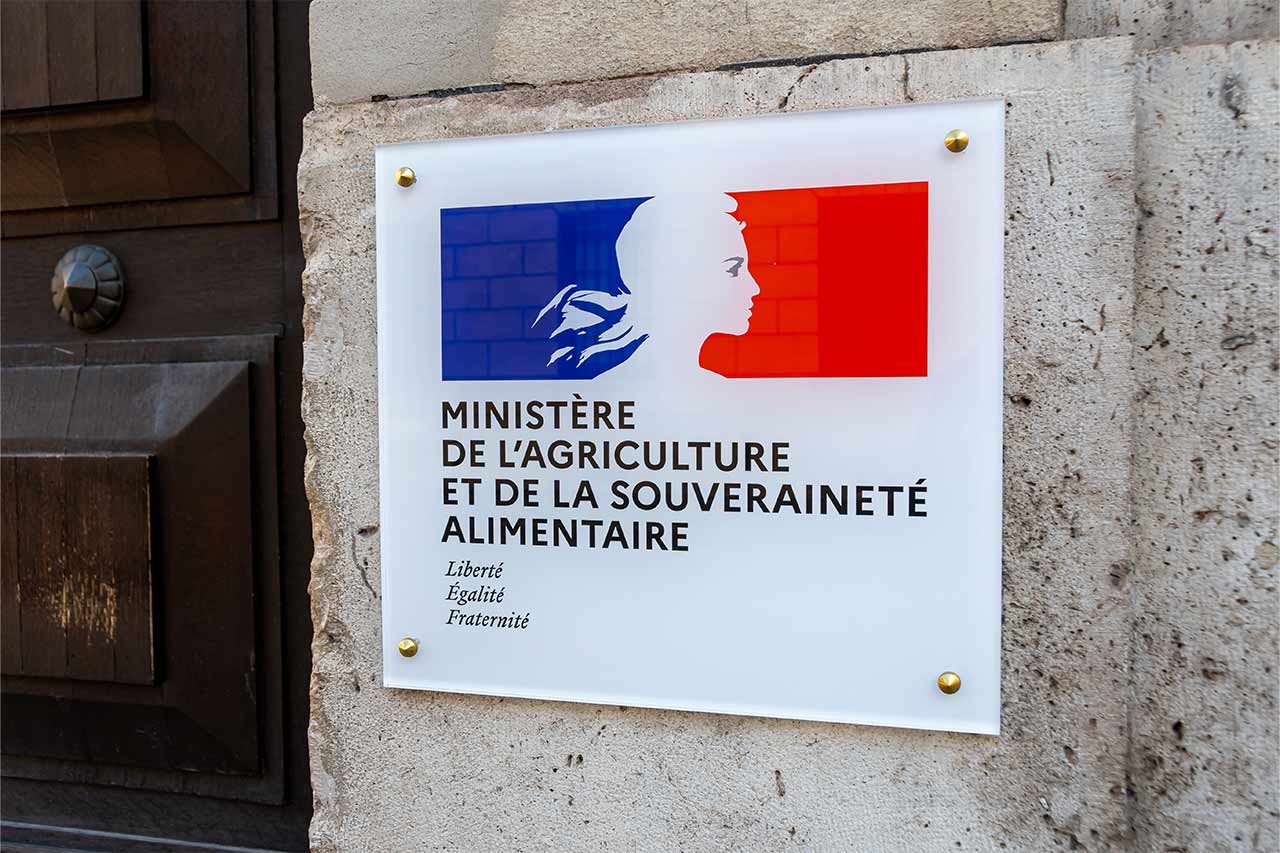Sovereignty

Since the COVID-19 crisis and the war in Ukraine, the global political context is forcing businesses to re-think their production, supply chain, and consumption models. All industrial strategies, supply chains and ecosystems must be redefined to prioritize a transition to more sovereign solutions.
To go further
Founded in 1993, Alcimed is an innovation and new business consulting firm, specializing in innovation driven sectors: life sciences (healthcare, biotech, agrifood), energy, environment, mobility, chemicals, materials, cosmetics, aeronautics, space and defence.
Our purpose? Helping both private and public decision-makers explore and develop their uncharted territories: new technologies, new offers, new geographies, possible futures, and new ways to innovate.
Located across eight offices around the world (France, Europe, Singapore and the United States), our team is made up of 220 highly-qualified, multicultural and passionate explorers, with a blended science/technology and business culture.
Our dream? To build a team of 1,000 explorers, to design tomorrow’s world hand in hand with our clients.
Economic sovereignty is the ability to independently master the key elements of the functioning and economic development of a country or of an actor (skills, resources, key industries, technologies, etc.).
Digital sovereignty is the capacity of a country or an organization to control and protect its own digital data, technologies and infrastructures. This can include, for example, the autonomous management of digital resources, the protection of online privacy, and the reduction of dependency on foreign players.
Food sovereignty is a concept that emerged in recent decades as a response to the increased dependency on food industrialization. It is first and foremost a sociopolitical concept that aims to reinforce food security and resiliency by giving back control of food production, distribution, and consumption to local communities and individuals.
This principle advocates that all people have a right to access healthy, culturally and nutritionally appropriate food, as well as the right to resources for food production and to enable the survival of themselves and their society. Food sovereignty is thus considered as a means for countries to combat potential threats linked to using food as a weapon in the context of major international crises. It allows for the management of the consequences of price volatility in the global food market, providing greater stability and food security for concerned populations.
To understand industrial relocation, it’s necessary to take into account the process of outsourcing and transfer of economic activities, capital and job opportunities, which was concentrated in the 1980’s in parts of the world with low labor costs. Industrial relocation is thus the phenomenon of moving these previously outsourced production units back to their country of origin.
While still limited today, this movement has been underway since the early 2000’s. Notably, the call for relocation has gained ground since the COVID-19 pandemic after disruption of global supply chains, such as those that resulted in lack of paracetamol and respirators. Today, several strategic sectors are particularly affected by this phenomenon, including healthcare, electronics, manufacturing, agri-food and energy.
Announced in 2020 and with €20 billion over 5 years, PIA 4 is based on two drivers of change: ecological transition (including €3.4 billion for the development of green innovations and technologies such as hydrogen) and the competitiveness of the economy, supported by social and territorial cohesion. It also aims to accelerate innovation across all sectors with strategic and priority investments, as well as sustainable funding for higher education, research and innovation ecosystems. On the healthcare side, the two main areas that benefit from this support are biotherapies and digital health. It is partly funded by the France Relance Plan, a French recovery plan announced in response to the COVID-19 crisis.


